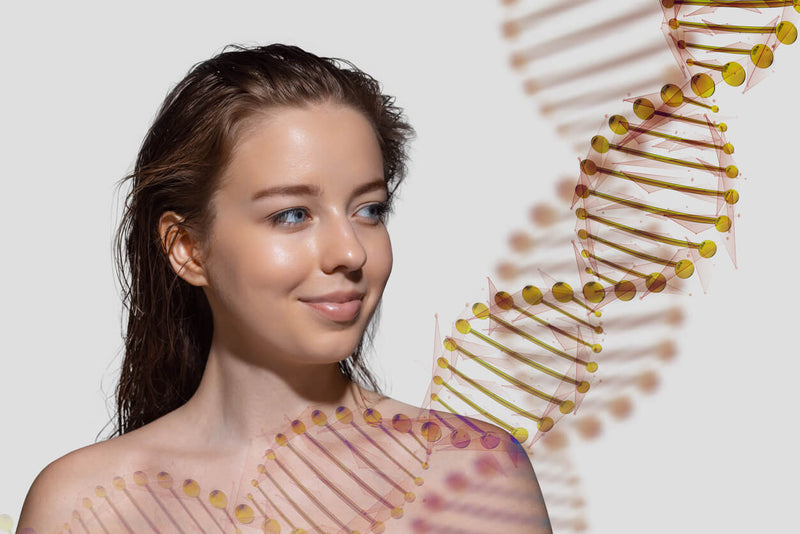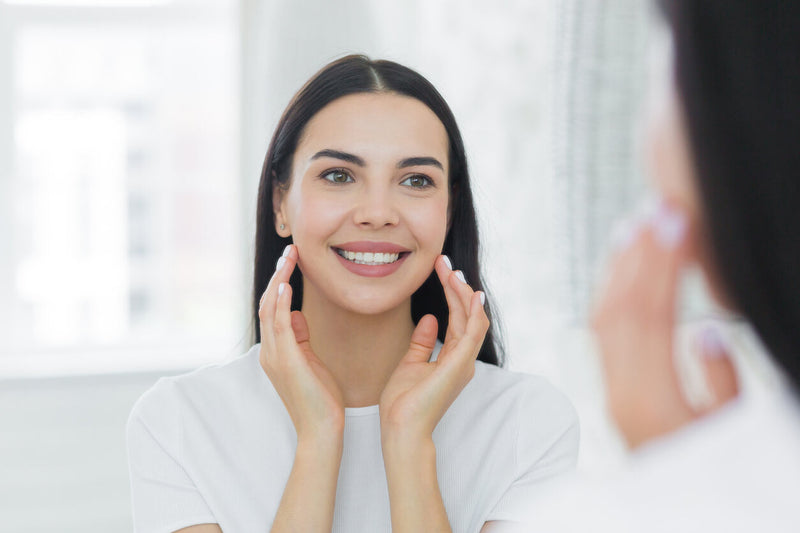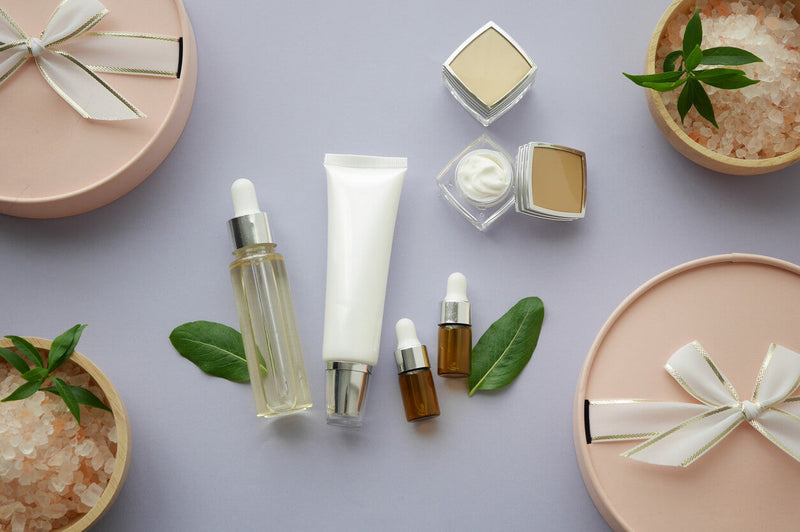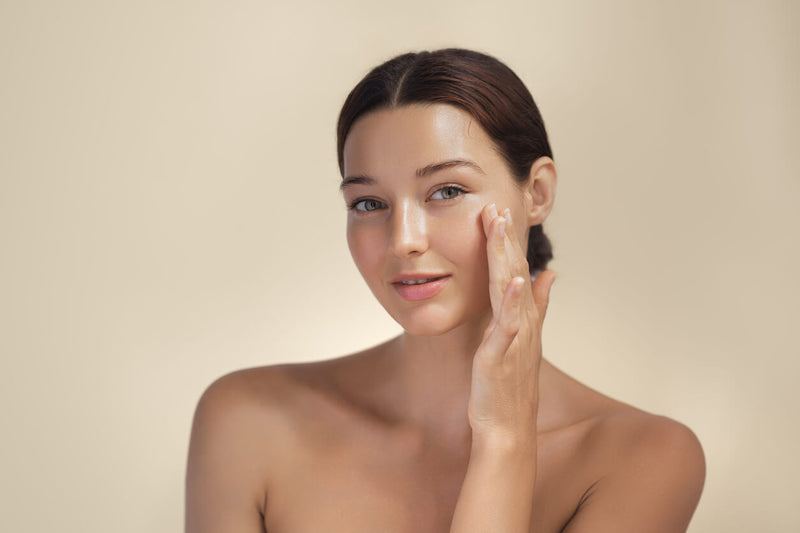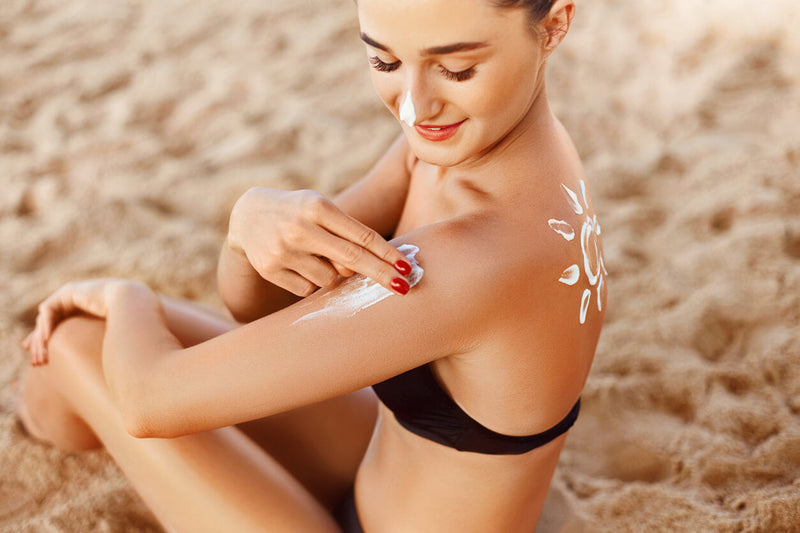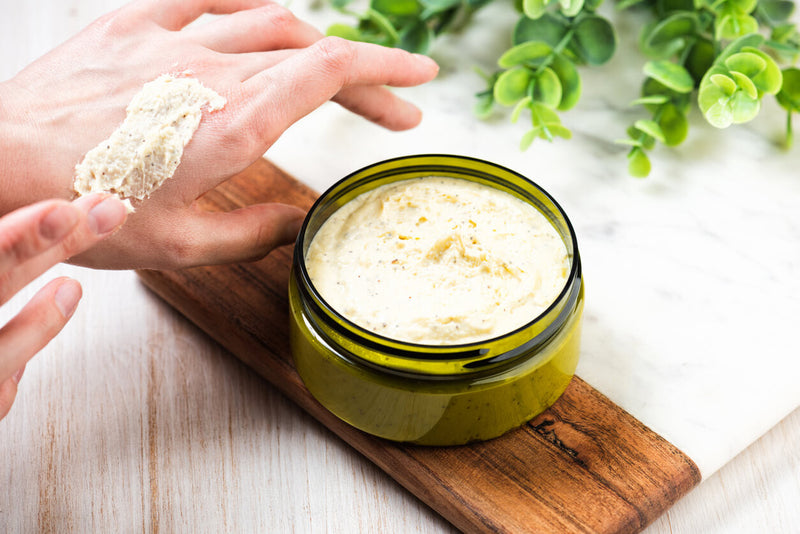

1. There are many products out in the market that promises great skin.
Everywhere you turn, you see and hear about the latest skin care products that claims to make your skin look better. Which is why it’s easy to spend a lot of time and money trying different skin care products. But how do you know which ones are effective and right for your skin? In this article, I present a practical guides to help you understand the common skincare ingredients and how to evaluate if these are right for your skin. Here are also a few guide questions that you can ask yourself before buying a new skincare product: 1. What is your skin type? Do you have oily skin that is prone to whiteheads, blackheads or pimples? Or do you have dry or combination skin? Your skin type is the first step on knowing the type of products that suit your needs.
2. Do you have acne, sun spots, melasma or other specific skin concerns?
Or do you have fine lines or wrinkles, or large pores? Or do you have dark circles under your eyes or eye bags? These and other skin concerns may require specialized skin care products or treatments
3. What lifestyle habits do you have that may impact your skin condition?
Do you engage in outdoor sports that require you to pay particular attention to sun protection? Are you a smoker?
These and other factors can influence the approach to taking care of your skin. Here are some of the ingredients that you may already have heard before. It is important to know exactly what these ingredients do to your skin.
Anti-oxidants (Vitamin C, Vitamin E, Ferulic Acid, and others)
Anti-oxidants protect skin against harmful environmental effects including ultraviolet radiation, smoking, cigarette smoking, diet, and others. Studies suggest that anti-oxidants may prevent aging and sun damage.
There are many forms of anti-oxidants that can be used individually or in combination. These include Vitamin E (which has been used to treat many skin conditions), Vitamin C (which has actually been shown to stimulate collagen synthesis) and Ferulic Acid (which has actively fights free radicals that contributes to aging).
The most popular among these is Vitamin C which has reliably and consistently demonstrate benefits to the skin in published clinical studies. A well-formulated Vitamin C is a powerful antioxidant that promotes collagen structure, fights free radicals and helps repair the skin.
In choosing a Vitamin C product, choose one in L-ascorbic acid form and with Ferulic Acid (which serves as a stabilizing ingredient) such as Vitamin C, B, E with Ferulic Acid from our Anti-aging range.
Vitamin C is highly unstable and if not properly formulated and stabilized, it may oxidize and turn brown upon excessive exposure to air, moisture or light which does not provide any optimal benefit to the skin.
Depigmenting Agents (Hydroquinone, Kojic Acid and others)
Pigments such as freckles, age spots or melasma are among the most common skin concerns. Depigmenting agents or “lightening” agents may lighten hyperpigmentation over several months. The most common and strongest lightening agent is hydroquinone, which is currently available in Singapore only as a prescription cream. Lightening products such as the Skin Lightener 3 and Balancer 5 from our Advanced Clear Skin Program include prescription strength 4% hydroquinone to clear up age spots, liver spots, freckles, and other unwanted areas with hyperpigmentation.
One alternative lightening agent is kojic acid, which has a similar effect as hydroquinone but is available in over the counter products.
Hydroxy Acids
Many over the counter skin care products and chemical peels contain alpha-hydroxy acids (glycolic or lactic acid) or beta-hydroxy acids (salicylic acid). These acids have an exfoliative effect on the skin so that the dull, irregular layer of the top surface is gently sloughed off over time.
These ingredients may improve the texture and color of the skin. In addition, salicylic acid is able to penetrate the sebum in the pores and may be useful in the management of acne. Basic skin care products such as Dermal Balancing Cleanser and Dermal Balancing Toner are also formulated with salicylic acid to effectively remove excess topical impurities daily that can cause breakouts and other skin flare-ups.
Side-effects of these acids include mild irritation and sensitivity to the sun. So it is particularly important to apply sunscreen when you are using these products.
Plant Stem Cells (Apple Stem Cell, Gotu Kola Stem Cells, Gardenia Stem Cells and others)
Stem cells are undifferentiated cells that has the ability to develop into various types of cells and they can also replace cells in need of repair. Clinical studies suggest that plant stem cells reactivates collagen and boost the skin’s density, texture and firmness.
In clinical studies, Apple stem cells showed age-delaying effect on the skin and provided anti-wrinkle results in the eye area while Gotu Kola stem cells block the decrease of hyaluronic acid (responsible for skin’s hydration) caused by aging. Gardenia stem cells on the other hand, efficiently stimulate new collagen while preventing skin damage and firmness loss as seen in clinical studies.
For mature skin types, try Fibroblast Growth Factor Serum formulated with Plant Stem Cells which is clinically-proven to protect skin against UV damage, improve the skin’s firmness and stimulate collagen while blocking the decrease of collagen and hyaluronic acid caused by aging.
The amount of stem cells in the product matters so check the placement of ingredients first before buying. The stem cells should be near the first ingredients but if it’s listed last then the percentage is very low.
Peptides (Argireline, Syn-Coll, Sqisandryl and others)
Peptides are one of the common ingredient in skin care products nowadays. It has been clinically-proven to promote collagen and elastin production and improves the body’s ability to repair tissue injury.
In clinical studies, Argireline reduces expression wrinkles caused by muscular contraction in a similar fashion as Botox. While Syn-Coll reduces any type of wrinkles by copying the skin’s mechanism to produce collagen and showed visible results on Caucasian and Asian skin types with improvement in the skin’s firmness. On the other hand, clinical studies revealed that Sqisandryl restores skin firmness and elasticity.
Peptides work well especially in the eye area where the early signs of aging are visible. For example, our ELASTIfirm Eye Cream is formulated with Argireline and Syncoll to provides wrinkle-reducing effects and smoothes dryness of the skin, while ELASTIfirm Eye Serum is formulated with Sqisandryl to firm the skin around the eyes reducing lines and puffy eye bags.
Although some peptides work in a similar fashion like Botox, they alone will still not provide the same results as the treatment. However, the products can work in side by side with the treatment to further improve the reduction of wrinkles.
Retinoids (Vitamin A)
Many over-the-counter skin care products contain retinol, which is a form of Vitamin A. A stronger form is tretinoin (brand name Retin-A), which is available by prescription only. Variations in the form of Vitamin A impact on their effectiveness, and risk of side effects.
But as a whole, clinical studies demonstrate several benefits to the use of retinoids including improvement in skin texture and skin tone. Some forms of retinoids are also used in the treatment of acne. Because there may be side-effects to the use of retinoids, talk to your doctor about these products. It is especially important to do so if you are pregnant or are trying to get pregnant.
The bottom line
Many ingredients may benefit your skin, on the other hand, some formulations may not be right for you. So take time in researching and educating yourself whenever you hear a new product available in the market. Another option is to speak to a doctor to help identify skin care products that suite your skin type and that are effective in their claims.
Your Partner in Health and Beauty

